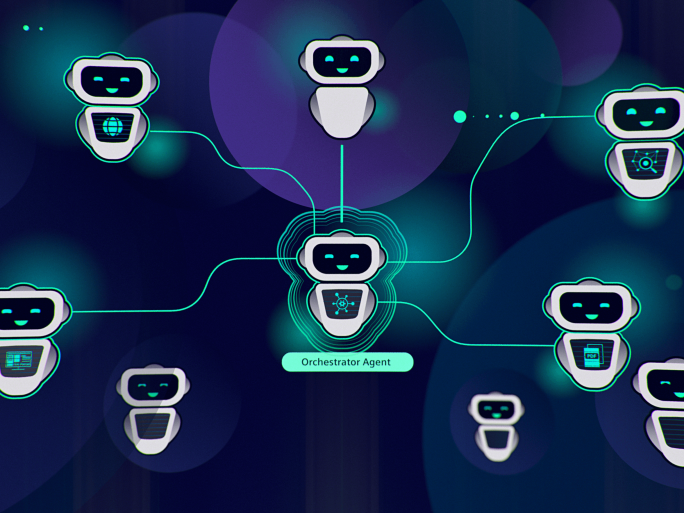Siemens Introduces AI Agents for Factory Automation

The new solutions are designed to be deployable across the entire value chain and to integrate seamlessly with external AI tools.
At the Automate 2025 industrial trade fair in Detroit, Siemens announced an expansion of its industrial artificial intelligence portfolio with the introduction of autonomously operating AI agents. The promise: instead of merely responding to queries, these agents are intended to proactively carry out entire processes – without human intervention.
Siemens’ new AI architecture will feature an “orchestrator” that deploys specialised agents to perform tasks throughout the industrial value chain. These agents are expected to improve their performance through continuous learning and, when necessary, draw on external tools and other agents. Users will retain full control and be able to decide which specific tasks they wish to delegate to the AI agents.
“With our industrial AI agents, we are going beyond the usual question-and-answer paradigm and creating systems that can autonomously execute complete industrial workflows,” says Rainer Brehm, CEO of Factory Automation at Siemens. “By automating automation itself, we aim to increase productivity by up to 50 percent for our customers – fundamentally transforming what is possible in industrial operations.”
Architecture
The approach distinguishes between industrial copilots – the interfaces with which users interact – and the AI agents that operate behind the scenes. Siemens is also developing digital agents and integrating physical ones, including mobile robots. This is intended to create a comprehensive “multi-AI-agent system”, where agents are closely interconnected and collaborate effectively. Third-party agents will also be integrable. To accelerate adoption, Siemens plans to establish a marketplace for industrial AI agents, including external offerings, on its proprietary Xcelerator Marketplace.
According to Siemens, the Industrial Copilot is already delivering measurable results, both in its own production facilities and at customer sites. One such example is thyssenkrupp Automation Engineering, where improvements in code quality and development speed have reportedly been observed.
“In a factory environment, our industrial AI agents connect various copilots and automate workflows across the entire value chain. This creates a unified approach that makes industrial AI accessible to everyone, regardless of their technical background or level of experience,” Brehm adds. “We envision a future in which industrial AI agents work seamlessly alongside human employees, autonomously handling routine processes, while people focus on innovation, creativity, and solving complex problems.”